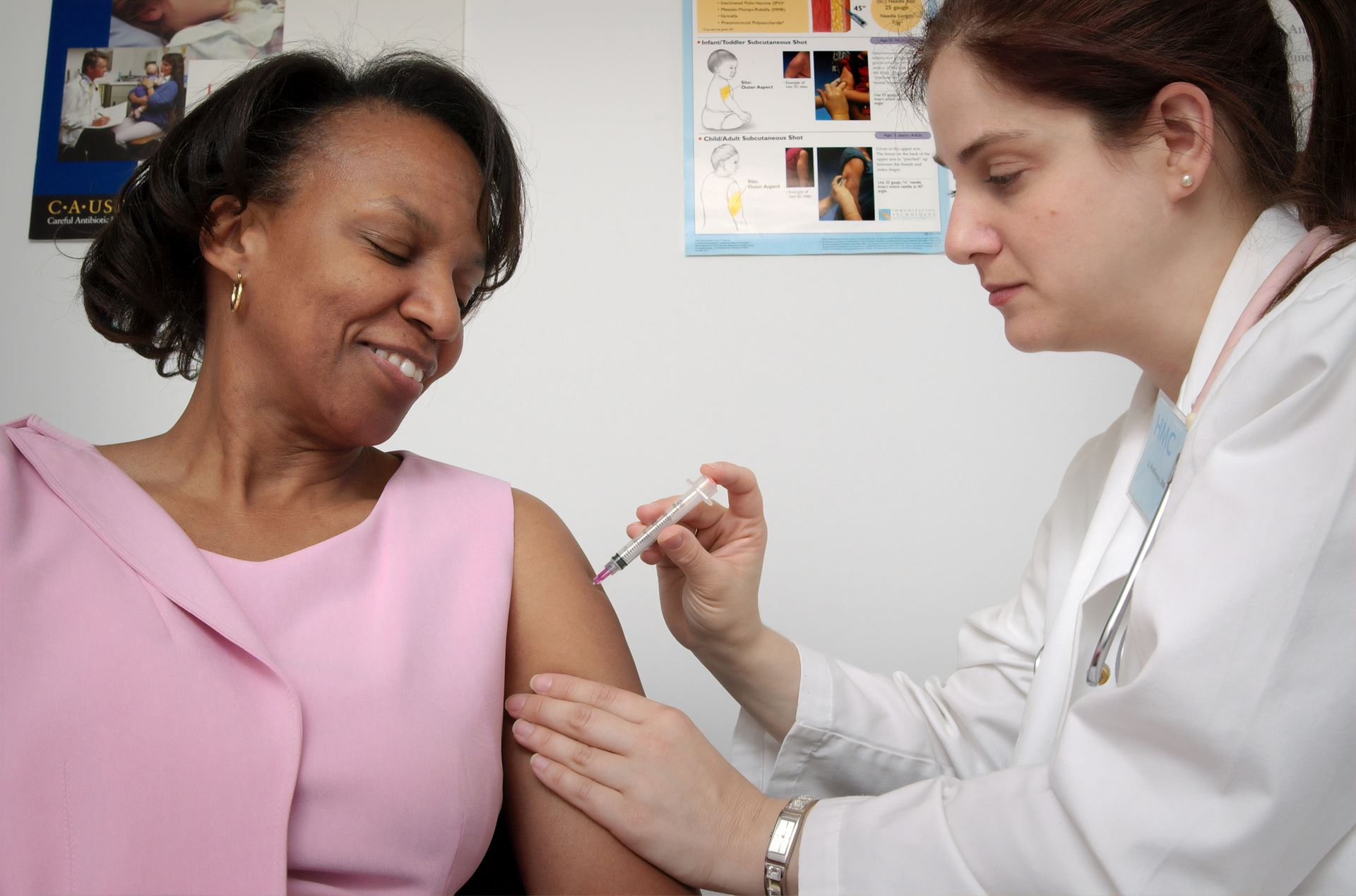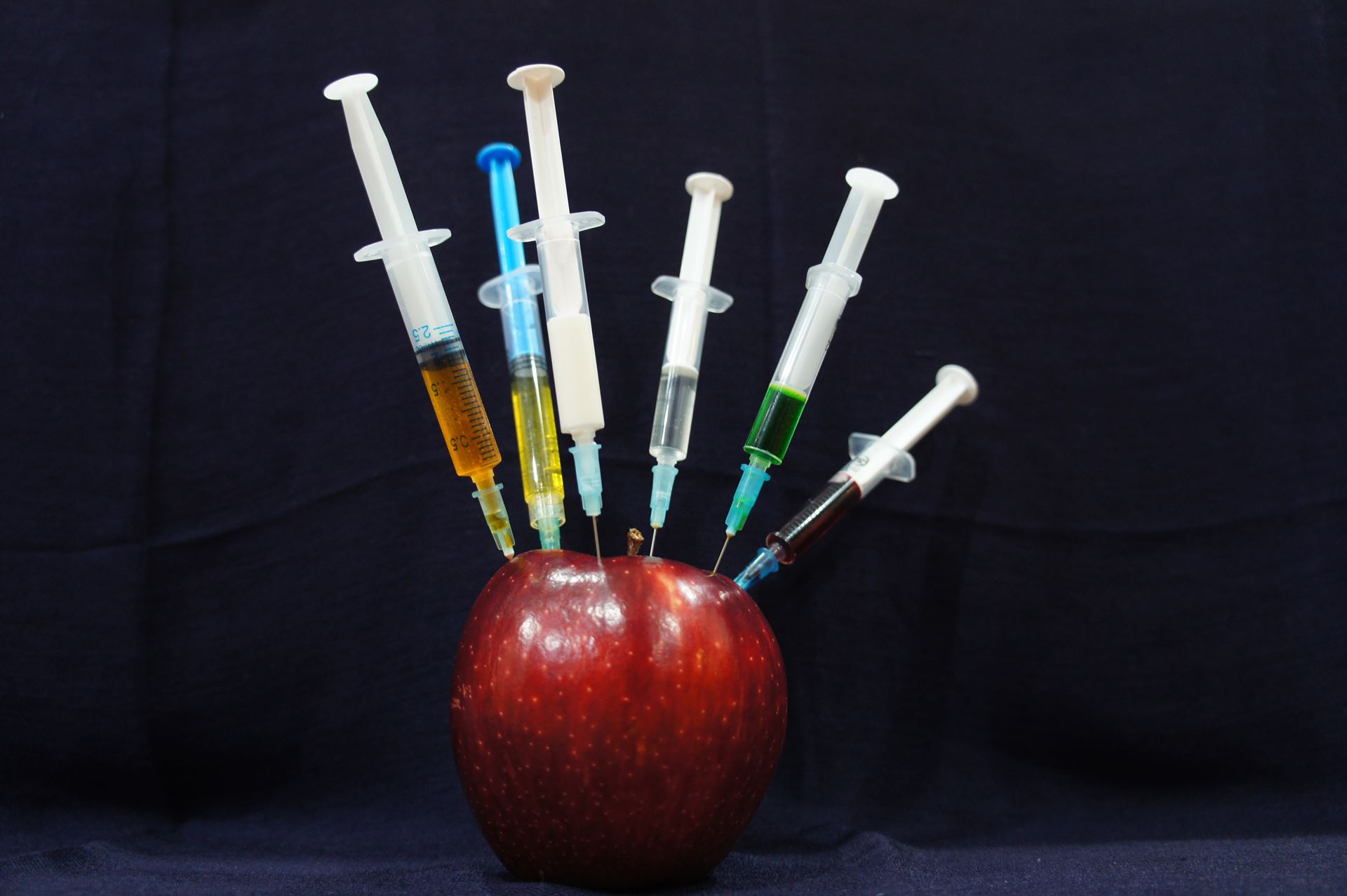Vaccinations

Vaccination Information
From 01/04/22 Coronavirus, Pneumococcal and Shingles vaccinations will no longer be provided by your GP Surgery and instead eligible patients will be invited to central clinics for vaccinations.
All influenza and coronavirus vaccinations will be provided from a central location and all patients should receive direct contact about these from NHS Inform.
Please do not contact your GP surgery regarding the aforementioned vaccines as we are unable to provide any further information regarding them.
Adult Immunisations
Coronavirus / Covid19
Your vaccination status is a record of the coronavirus (COVID-19) vaccinations your have received.
Your status includes your name, date of birth, and an coronavirus vaccinations you have received in Scotland.
Please use the link below to access your record:
https://www.nhsinform.scot/nhs-scotland-covid-status
or
https://www.nhs.uk/nhs-services/online-services/vaccine-record/
or call
COVID-19 Status Helpline on 0808 196 8565
**Do not contact your GP practice about your coronavirus vaccination status. GP's cannot provide letters showing your coronavirus vaccination status.**
Everybody needs to make sure they keep their Tetanus up to date, and certain groups of people need some of the others as well. If you are travelling abroad see Travel Immunisations on this site for more information.
Influenza
The influenza vaccine is no longer administered at the GP Surgery and the Clinics have been centralised.
We do however support the program. Everyone over the age of 65 is entitled to a free flu injection every year. This has been shown to reduce the number of people that need to go into hospital or that die from flu. The virus that causes flu changes frequently so you need to have a flu injection every year to get protected against the latest variety.
People in certain high risk groups also need to be immunised, those with the following conditions:
Diabetes; People with asthma who use steroid inhalers or who often have courses of steroids by mouth, or who have been in hospital because of their asthma; COPD (chronic bronchitis and emphysema); Kidney disease; Heart disease; Poor immunity due to long-term treatment with steroids, or treatment for cancer such as radiotherapy or chemotherapy. Finally medical staff, nurses, ambulance drivers and those who look after others in nursing and residential homes should have the vaccine.
Hepatitis B
Hepatitis B is caused by a virus which is transmitted sexually or through blood from a carrier (who may appear healthy). It is a lot more infectious than HIV (the virus that causes AIDS). It can kill around half those who develop hepatitis, and others may become carriers of the disease.
People who may come into contact with blood because of their occupation, such as health care workers, police or firemen should have a course of hepatitis B vaccine followed by a blood test three months later to check that it has been effective. Boosters are needed every five years.
Hepatitis B is common in institutions caring for those with mental impairment. It can be transmitted by biting, so those working with these people also need to be immunized. The hepatitis B vaccine is also recommended for adults living with diabetes and those at high risk for infection due to their jobs, lifestyle, living situations, or country of birth.

Tetanus
Tetanus is a germ that is caught when a wound becomes contaminated by soil. It is serious and around half those infected die. The wound may only be trivial, such as a prick from a thorn. It doesn't matter how old you are or how often you have been cut, you never develop immunity to tetanus naturally. Keep your tetanus injections up to date to protect yourself properly
All you need is a course of three injections a month apart, then a booster every 10 years. Don't wait until you get a cut because the vaccine isn't effective until you have had the full course. Adult tetanus boosters are now combined with diphtheria vaccine to keep up immunity against this other disease.
Polio
If you look after a baby that has just had its polio immunisation there is a small risk that you can catch polio from the faeces (poo) when you change the nappy. For this reason it is worth making sure your polio is up to date.
It is also a good idea to have it for travel abroad outside Western Europe, check with our practice nurses who have up to date information.
Pneumonia
The pneumococcal vaccine is no longer routinely administered at the GP Surgery and Vaccinations have been centralised.
However everyone over the age of 65 is advised to have a pneumonia vaccination. The vaccine protects against a very common kind of pneumonia caused by the pneumococcus germ.
Usually this is a "once only" injection though a few people need a booster after five years, for example some people with reduced immunity or who have no spleen.
Those without a spleen (or a spleen that isn't working properly) also need the Hib vaccine and meningitis C.
Page created: 08 October 2019